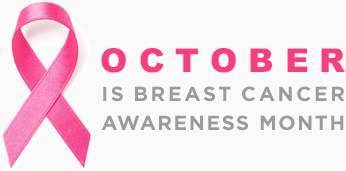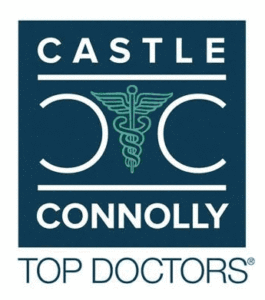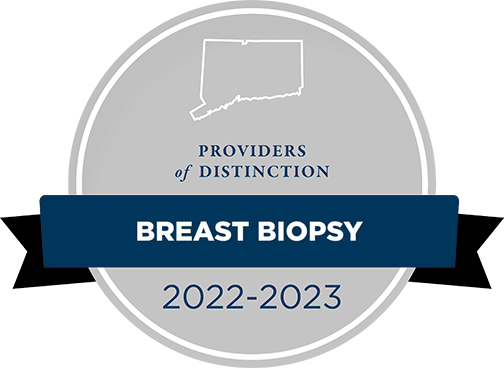Breast Cancer in Men
Warning Signs of Breast Cancer in Men
Breast cancer in men is rare. However, we encourage men to learn about the symptoms of breast cancer and factors that may increase risk. Men need to contact their physician if you notice any of the following changes to your breasts:
- A lump or swelling in the breast
- Skin changes including redness or flaking of the breast skin
- Nipple discharge
- Nipple inversion, dimpling, irritation or pain sensation
- Lymph node changes under the armpit
While these symptoms can occur with other non-cancerous conditions that are not cancer, it’s important to see a physician to evaluate observations promptly.
Physicians may recommend a diagnostic mammogram and ultrasound. In some cases, if the findings are suspicious, a biopsy may be necessary.
Why does breast cancer affect men?
Everyone, of all genders, is born with small amounts of breast tissue. Breast tissue consists of fat, milk-producing glands (lobules), and ducts that carry milk to the nipples. However during puberty, women begin developing more breast tissue, while men do not. The small amount of breast tissue men have is at risk for breast cancer, for many of the same reasons women are susceptible to it.
Common Kinds of Breast Cancer in Men
About 1 out of every 100 breast cancers diagnosed in this country is found in a man.
The most common kinds of breast cancer in men are the same kinds found in women:
- Invasive ductal carcinoma. Cancer cells originate in the breast ducts and then grow outside the ducts in other parts of the breast tissue. These Invasive cancer cells can also spread, or metastasize, to other parts of the body.
- Invasive lobular carcinoma. Cancer cells begin in the lobules and then spread from the lobules to the adjacent breast tissue. These invasive cancer cells can also spread to other parts of the body.
- Ductal carcinoma in situ (DCIS) is a breast disease that may lead to invasive breast cancer. The cancer cells are only in the duct lining, and have not spread to other breast tissues.
What Are Breast Cancer Risk Factors in Men?
While breast cancer in men is not seen frequently, there are several factors which can increase a man’s risk of getting breast cancer.
- Getting older. The risk for breast cancer increases with age and most diagnoses are found after age 50
- Genetic mutations. Just as with women, inherited genetic mutations in certain genes, such as BRCA1 and BRCA2, increase risk
- Family history of breast cancer. A history of breast cancer in close family members impacts the likelihood of a cancer presenting itself.
- Radiation therapy treatment. While radiation therapy to the chest area is generally considered quite safe, there are reports of men who have received radiation to the chest of having a higher risk of breast cancer.
- Hormone therapy treatment. Estrogen-containing medications which were used to treat prostate cancer in the past can increase men’s breast cancer risk.
- Klinefelter syndrome is a rare genetic condition in which a male has an extra X chromosome. This can lead to the body making higher levels of estrogen and lower levels of androgens (hormones that help develop and maintain male sex characteristics).
- Certain conditions that affect the testicles. Injury to, swelling in, or surgery to remove the testicles can increase breast cancer risk.
- Liver disease. Cirrhosis (scarring) of the liver can lower androgen levels and raise estrogen levels in men, increasing the risk of breast cancer.
- Overweight and obesity. Older men who are overweight or have obesity have a higher risk of getting breast cancer than men at a normal weight.
What types of treatment are used in men?
Men diagnosed with male breast cancer at an early stage have a good chance for a cure. Treatment typically involves surgery to remove the breast tissue involved. Other treatments, such as chemotherapy and radiation therapy, may be recommended based on your particular situation.
What can be done to assess risk?
If there is family history of breast or ovarian cancer, or a known gene mutation such as BRCA1 or BRCA2, physicians may make referral for genetic counseling. Genetic mutations particularly in the BRCA1 and BRCA2 genes can increase the risk of breast cancer, high-grade prostate cancer, and pancreatic cancer.





